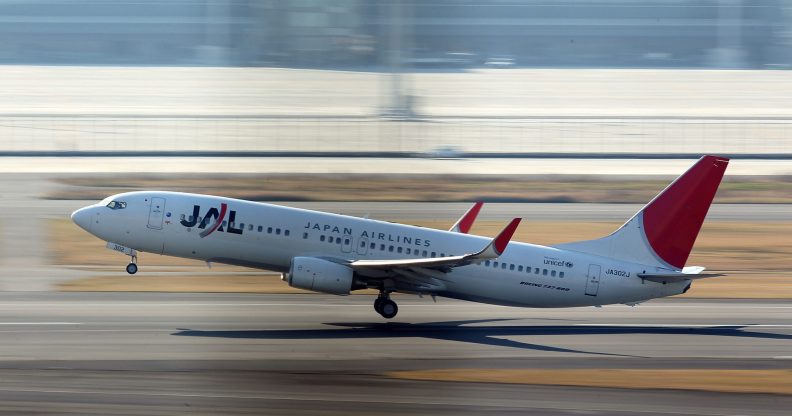Yet another airline ditches the exclusionary phrase ‘ladies and gentlemen’ in favour of gender-neutral greetings

Japan Airlines will embrace gender-neutral language going forward (Junko Kimura/Getty)
Japan Airlines will stop using the the phrase “ladies and gentlemen” in during in-flight and airport announcements to be more inclusive of trans and non-binary people.
From 1 October, JAL “will abolish expressions that based on (two types of) sex and use gender-friendly expressions” like “good morning” and “good evening”, a spokesperson for the airline told AFP.
Although the expressions used by the airline are already gender-neutral in Japanese, the mandate will apply to announcements made in other languages.
Japan Airlines is the first Japanese airline to adopt this more inclusive approach, and it seems others could follow suit after a spokesperson for rival ANA Holdings told AFP they would “study the issue based on comments from our customers”.
The move follows JAL’s trial “LGBT Ally Charter” flight for same-sex partners and their families, which led the airline changing to its rules to extend spouse and family allowances to same-sex partners.
Other international airlines have already moved to make their language more LGBT-inclusive. Australia’s Qantas was among the first when it launched a “Spirit of Inclusion” initiative in March 2018.
The carrier asked employees to refrain from gender-specific words like “honey”, “love and “guys”, while the terms “partner”, “spouse” and “parents” were preferred above the more exclusionary “husband and wife” and “mum and dad”.
Air Canada similarly asked its staff to stop using “ladies and gentlemen” or “mesdames et messieurs” in October last year, opting for the more inclusive “hello everybody” or “tout le monde”.
The following year several major US airlines including Delta, JetBlue, United and American Airlines agreed to introduce a non-binary gender option on booking forms.
A spokesperson for United said: “As part of our commitment to inclusion, we want to ensure all of our customers feel comfortable and welcome no matter how they self-identify, which is why we will begin offering our customers the ability to select the gender with which they most closely identify during the booking process.”
Customers can now identify themselves as M(ale), F(emale), U(undisclosed) or X(unspecified), corresponding to what is indicated on their passports or ID.

